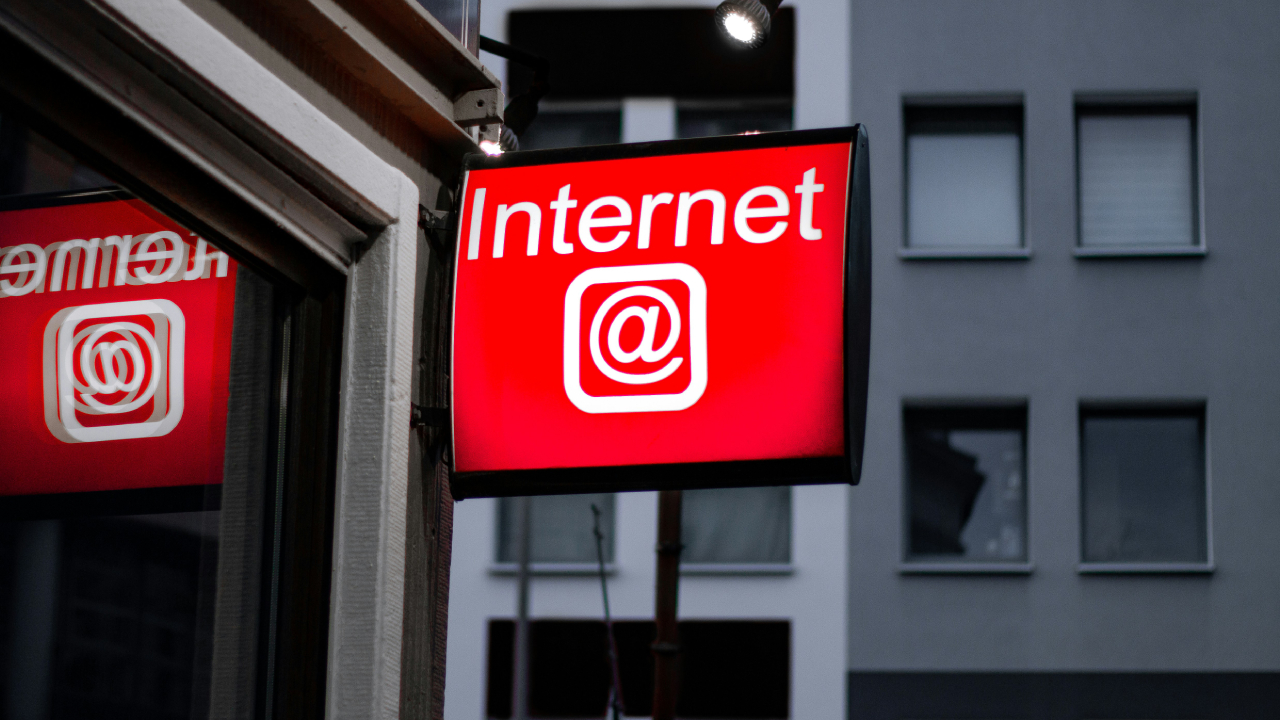- The Minister of Communication has outlined that government is looking to connect 5.5 million more South African households to the internet in the next three to four years.
- He celebrated the government’s efforts in recent increases in connectivity, but forgot to mention the private sector’s contributions.
- Government also recently approved new policy in spectrum allocation.
Speaking at the controversial State of the Nation Address (SONA) joint debate on Tuesday, Communications Minister Mondli Gungubele has said that government is planning to connect 1.5 million more households to the internet via WiFi hotspots by December 2024, and a further 747 000 households by the end of the financial year.
To date, the minister said, government has connected 361 000 households to 2 502 WiFi hotspots across the country in a project that involves 76 of the country’s smaller internet service providers (ISPs). The minister claims that 4 500 jobs are in the pipeline in the government’s connectivity plans for the end of the year.
The minister quoted stats reported in the 2023 National Census, that 79 percent of South African households now have access to the internet, but he says that in 2011 only 21.1 percent had access, lauding a massive improvement. This does not reflect the official data recorded in the census.
According to that data, 64.8 percent of South African households did not have internet access in 2011, which means that 35.2 percent of households were able to use the internet, not 21.1 percent as the minister says.
Further, the minister’s comments that the marked improvement in internet use across the country is due to work being done through the government-run SA Connect broadband connectivity project is misleading. The minister does not take into account the work also being done by private companies in South Africa to increase connectivity, including telecom firms like MTN, Vodacom and others.
This is especially important as, according to the Census, the majority of South Africans who have internet access, have it through their mobile phones (60.5 percent as of 2023).
In fact, it is thanks in part to these companies that South Africans can still use the internet even during loadshedding. Last year MTN revealed that it had invested R5 billion to improve its network resiliency in the face of government-issued loadshedding, ensuring that its cellular towers were still able to transmit during blackouts and users could still go online.
Gungubele said at the debate that the government is targeting the connection of 5.5 million more households to the internet in the next three to four years via WiFi hotspots.
“Working with the private sector thus far, all eight metros have been connected to fibre, and we are expanding to more towns. We have as part of our implementation of the recommendations of the Presidential Commission on Fourth Industrial Revolution (4IR), embarked on several digital infrastructure projects to ensure transformation through access in a changing world,” the Minister explained.
One of these projects is the Next Generation Spectrum Policy for Economic Development, which was approved by Cabinet in November 2023.
This policy is intended to support spectrum allocation and licensing of fixed mobile, broadcasting, aeronautical and marine, research and development, community access and other industries, according to SA News.
It also seeks to promote fair allocation to contribute to the transformation of the sector. Some of the largest companies maligned the 2022 ICACA Spectrum Auction, which raked in R14 billion from the private sector, as being a too-lengthy and too-bureaucratic process that had the negative effect of keeping the entire local telecom industry waiting to roll out more 5G connectivity across the country while other nations beat us to the punch.
[Image – Photo by Leon Seibert on Unsplash]

